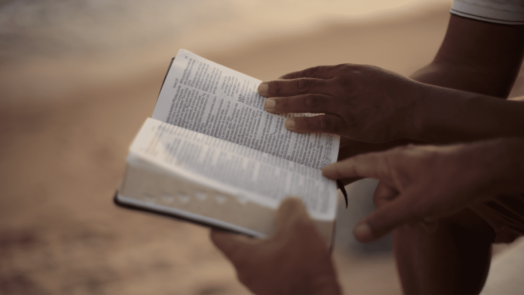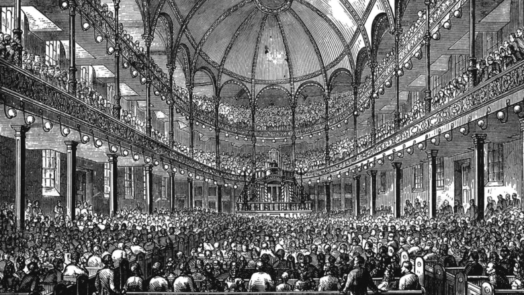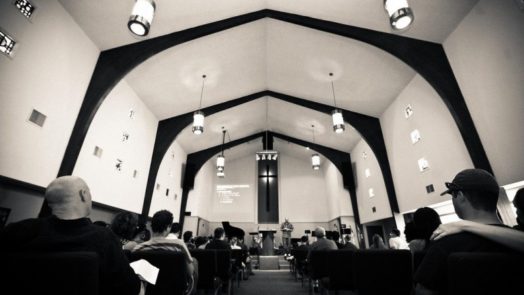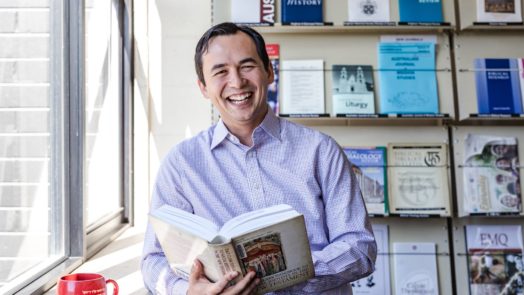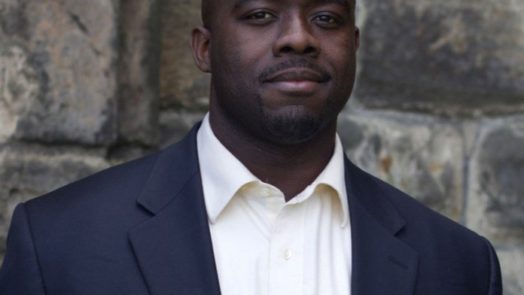Probably the greatest need in Christian apologetics today is to help others understand that God is good. This can be a challenging prospect because God does many things in the Bible which do not appear to be good. For instance, God commanded the...
"Joshua is not intended to be used as a study of applied ethics." - John Walton
Karl Barth, who lived from 1886–1968, was perhaps the most influential theologian of the twentieth century. Church Dogmatics (CD), Barth’s monumental life’s work that consists of more than 6 million words, was written over the span of 35 years. In...
Prophetic practices in the Hebrew Bible find parallels in the ANE literature. These parallels are useful for the biblical interpreter, but before jumping into various texts one must ask the essential question: what is prophecy? Defining Prophecy...
Introduction The Lautenschlaeger Award is a prestigious academic prize awarded to ten doctoral or first post-doctoral works in theology and biblical studies. Each winner is awarded $10,000 and the opportunity to propose an international colloquium...
Since the early days of his pastorate, C.H. Spurgeon tutored and trained up gifted young men for the ministry. Over the first seven years of his ministry, Spurgeon would send out seven ministers, and yet more men were approaching him for training...
Part 1: Academic Teaching with Support Raising One of the closest parallels to a traditional academic job is teaching in a position that requires raising financial support. These positions are generally available in schools outside North America...
TREMPER LONGMAN III | WESTMONT COLLEGE I became a Christian my senior year in high school during the so-called Jesus Revolution of the late 1960s and early 1970s. It was an exciting time, particularly on college campuses where there was something of...
I thought, “If a nonbeliever can study theology, certainly believers should be studying theology with folks of different theologies.”
"Bernard’s brilliance is not his use of so-called critical methods but in the fact that, as a monk, he had prayed, read and studied the Sacred Scriptures so intently that his vocabulary is literally a biblical vocabulary."
One of my warmest memories with Professor Hurtado occurred in 2014 at SBL in San Diego over a meal. We went to lunch at a French café and before we began eating, he paused and said: “Let’s pray over our meal.” He thanked God for the meal, closing...
by Chris Porter Coming to biblical studies from prior research in the social sciences I am often asked what makes for good interdisciplinary research. While a valid question, I think the more interesting question is what makes a good...
When I was invited to contribute to the series, What makes a good Biblical Scholar or Theologian?, I decided to do something a bit different. While I have my opinions on exegetical method, there are a multitude of scholars who can provide more...
Editor’s note: Crispin Fletcher-Louis has disrupted our normal series on “What makes a good Biblica Scholar or Theologian?” with a title of his own making. We’ll let it slide, because his advice is just that good. Enjoy the...
Over on the Logos Academic Blog (theLAB) there’s been a series of interesting pieces from biblical scholars answering the question, “What makes a good biblical scholar.” I thought I’d weigh in here on the Logos Blog, too. I cannot give a secular...

